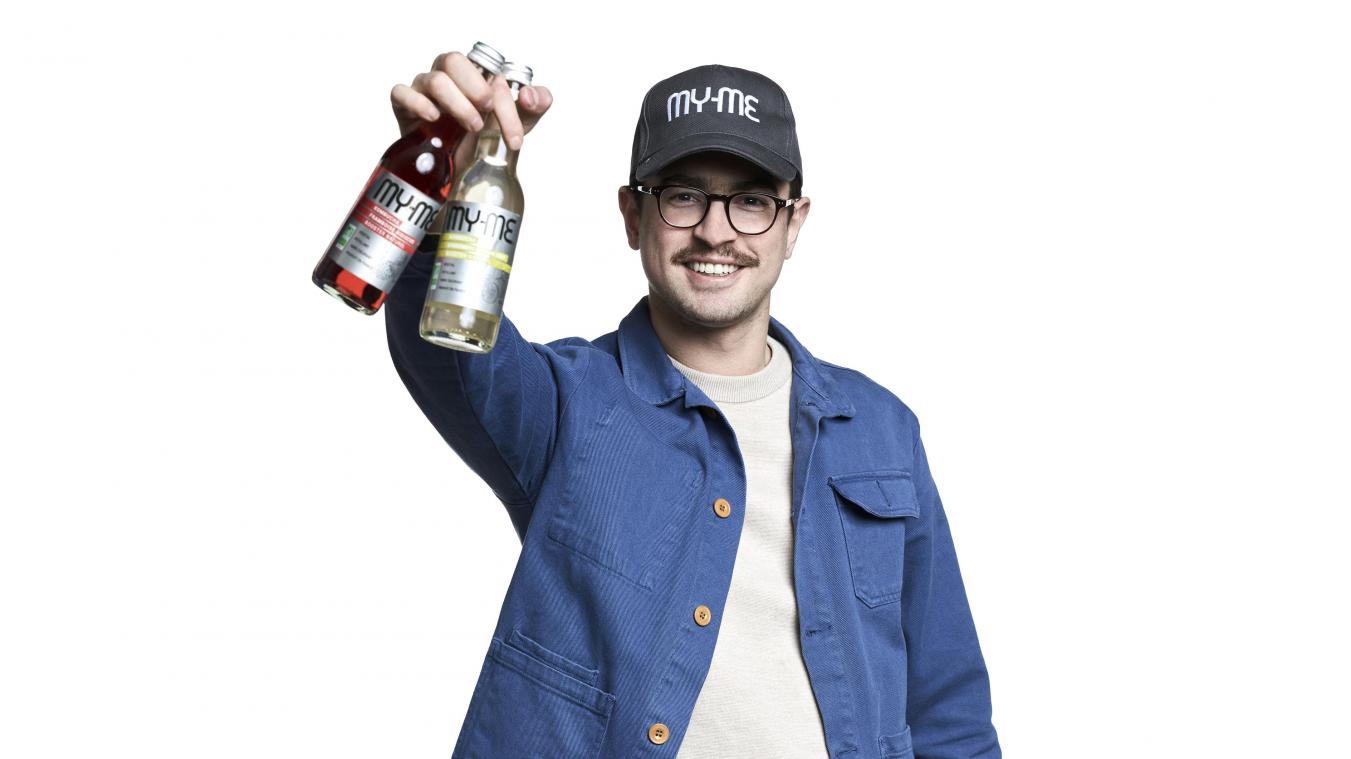Protecting against cellular aging and strengthening the immune system, zinc is an essential trace element for staying in good shape every day. However, it is one of the most common deficiencies today. In this article, we will cover all the keys to recognizing a zinc deficiency and the existing ways to reverse it.
The role and benefits of Zinc
Zinc is an essential trace element found in very small amounts in the body, with an adult containing approximately 2 to 3 grams. Despite its tiny concentration, it has many benefits and plays an important role in many physiological functions, including over 200 enzymatic reactions.
This mineral is involved in cellular metabolism, supporting insulin regulation, stimulating the immune system, as well as promoting the synthesis of DNA and proteins key to cellular function.
Zinc also possesses notable antioxidant properties by neutralizing free radicals responsible for oxidative stress. By limiting cellular damage caused by these unstable molecules, zinc contributes to the prevention of certain chronic and degenerative pathologies, while slowing premature aging of cells.
Thus, zinc proves to be essential not only for maintaining cellular integrity, but also for the overall protection of the body against degradation processes linked to aging and diseases associated with oxidative stress.
What are the causes of zinc deficiency?
Although zinc deficiency is not as widespread as some other deficiencies, it remains a significant problem that should not be underestimated . Several factors may be responsible: insufficient intestinal absorption, increased losses by the body, or even an increased need due to specific conditions.
A diet low in zinc
The main cause of zinc deficiency is firstly found in our diet.
Indeed, our diets tend to be less varied and contain more and more processed foods. These are unfortunately too low in zinc to cover our daily needs.
It is therefore essential to change your eating habits in order to include more foods such as oysters, calf's liver, eggs, all fish and meat in general.
If you're on a vegetarian or vegan diet, there are also plant-based sources that contain significant amounts of zinc. These include all whole grains, but also oilseeds and legumes (white beans, lentils, chickpeas, etc.).
Less efficient absorption of zinc
Even if you eat foods rich in zinc, this micronutrient still needs to be absorbed by your intestines. However, certain medical conditions reduce the intestinal absorption of zinc , causing a deficiency. Over time, the intestinal absorption of certain nutrients, such as zinc, can also decrease.
Furthermore, certain compounds present in our diet have a more or less powerful inhibiting power on the passage of zinc through the intestinal wall. Phytates, present in foods such as wheat germ and legumes, can inhibit the absorption of zinc by binding to it, making it difficult for it to pass through the intestinal wall. Phytates are very present, for example, in wheat germ, oats, nuts, and beans.
People who do not eat meat or fish may therefore have a deficiency.
What are the symptoms of zinc deficiency?
Severe zinc deficiencies are fortunately rare. However, moderate or mild deficiencies, which are more common, should not be overlooked.
A zinc deficiency can weaken the immune system, making the body more vulnerable to infections. This is manifested in particular by slow wound healing and reduced resistance to viruses . In addition, a zinc deficiency can increase susceptibility to respiratory and ENT infections.
Other signs include loss of appetite, persistent fatigue , and cognitive impairments such as difficulty concentrating and remembering. Physically, zinc is essential for the production of keratin, so a deficiency can lead to weakened nails and hair , which become brittle and dull. Mood disorders and skin problems, such as acne, can also be linked to zinc deficiency.
Because these symptoms are nonspecific and common to many other conditions, zinc deficiency is often difficult to diagnose and can easily go unnoticed.
What are the zinc requirements?
Zinc is a trace mineral that cannot be synthesized by the human body. Therefore, the only source is through the food we eat.
The necessary daily intakes are as follows:
- Adult man: 14 mg/day.
- Adult women: 12 mg/day.
- For children aged 1 to 3 years, the nutritional reference intake for zinc is 8 mg per day, then 11 mg per day for children aged 4 to 9 years.
In pregnant and breastfeeding women as well as in the elderly , intake should be increased.
How to increase your zinc level?
To cover your daily zinc needs , there are two options. The first is to increase your dietary zinc intake by favoring foods that are rich in it.
Along with this, you can also opt for corrective supplementation.
This second option will avoid the risk of deficiency for all adults because, as the WHO mentions, “zinc supplementation is considered safe” for users.
At Argalys, we've developed the Zinc Bisglycinate supplement to help you get 100% of your recommended nutritional value with just one capsule a day. It's combined with vitamin C, selenium, and vitamin B6 to maximize its effectiveness.
For those who want more comprehensive intake, our Multivitamin & Mineral supplement has been designed to cover all of your body's essential nutrient needs, providing optimal coverage of your daily zinc intake , as well as a set of essential vitamins and minerals for optimal well-being.
 04 74 03 98 80
04 74 03 98 80










